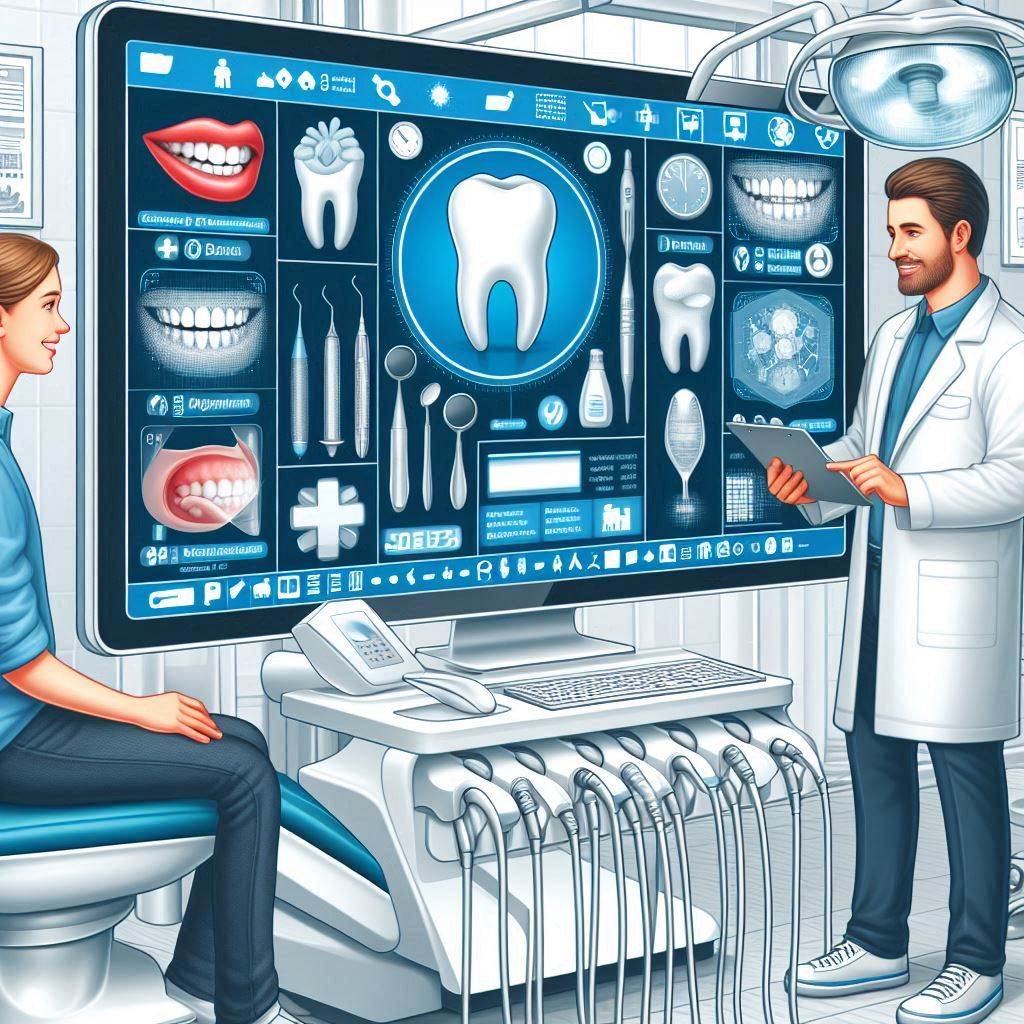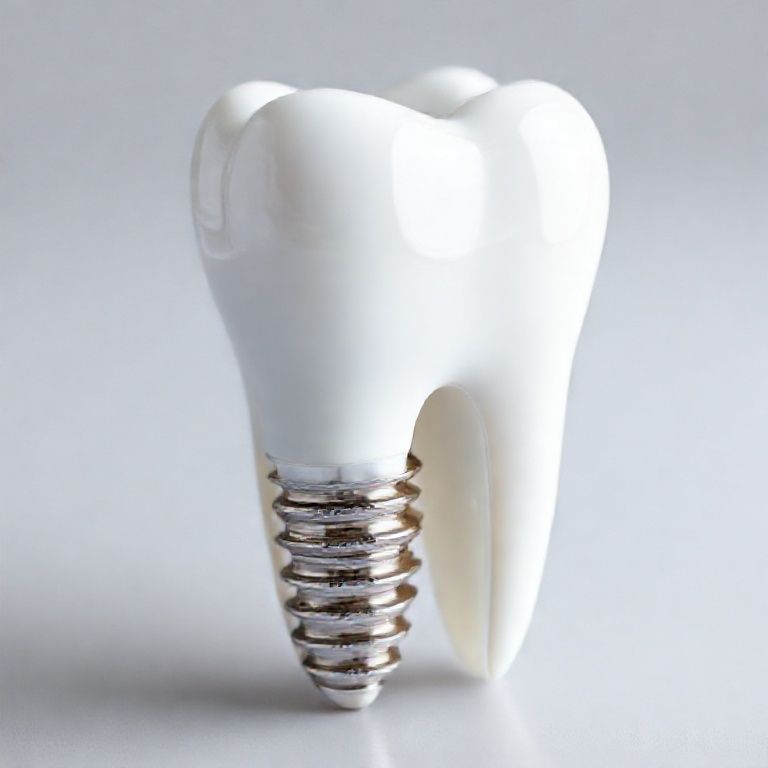Dental Codes for Billing and Insurance
Navigating the world of dental billing and insurance can be a daunting task, especially when it comes to understanding and utilizing dental codes effectively. Dental codes, also known as Current Dental Terminology (CDT) codes, are the backbone of dental billing and insurance claims. They ensure that dental procedures are accurately documented, billed, and reimbursed. Whether you’re a dental provider, insurance professional, or a patient, understanding these codes is crucial for seamless financial transactions and efficient healthcare delivery.
This article delves deep into the intricacies of dental codes for billing and insurance, providing a comprehensive guide to help you master this essential aspect of dental care. From understanding the basics to exploring advanced lookup tools and best practices for providers, this guide is designed to be your go-to resource for all things related to dental codes.

2. Understanding Dental Codes for Billing and Insurance Services
Dental codes are standardized codes used to describe dental procedures and services. Developed and maintained by the American Dental Association (ADA), these codes are updated annually to reflect advancements in dental care and technology. The primary purpose of dental codes is to facilitate clear communication between dental providers and insurance companies, ensuring that claims are processed accurately and efficiently.
Why Dental Codes Matter
- Accuracy in Billing: Dental codes eliminate ambiguity by providing a standardized way to describe procedures.
- Streamlined Insurance Claims: Proper use of codes reduces the likelihood of claim denials or delays.
- Transparency for Patients: Patients can better understand the services they are receiving and the associated costs.
Categories of Dental Codes
Dental codes are categorized based on the type of procedure or service. Some common categories include:
- Diagnostic Codes: Used for exams, X-rays, and other diagnostic procedures.
- Preventive Codes: Cover cleanings, fluoride treatments, and sealants.
- Restorative Codes: Include fillings, crowns, and bridges.
- Surgical Codes: For extractions, implants, and other surgical procedures.
- Orthodontic Codes: Pertain to braces and other orthodontic treatments.
3. Dental Codes for Billing and Insurance Lookup: How to Find the Right Codes
Finding the correct dental code is essential for accurate billing and insurance claims. Here are some tools and strategies to help you with the lookup process:
Online Dental Code Lookup Tools
Several online platforms offer searchable databases of dental codes. These tools allow you to search by procedure, category, or keyword, making it easy to find the right code.
ADA Resources
The American Dental Association provides a comprehensive list of CDT codes, along with detailed descriptions and guidelines. This is an invaluable resource for dental providers and billing professionals.
Insurance Company Guidelines
Insurance companies often have specific requirements for coding and billing. It’s important to consult the insurer’s guidelines to ensure compliance and avoid claim rejections.
4. List of Dental Codes for Billing: Commonly Used Codes Explained
Below is a table of commonly used dental codes, along with their descriptions:
| Code | Description | Category |
|---|---|---|
| D0120 | Periodic oral evaluation | Diagnostic |
| D1110 | Prophylaxis (cleaning) | Preventive |
| D2140 | Amalgam filling (1 surface) | Restorative |
| D2751 | Porcelain crown | Restorative |
| D7210 | Extraction (simple) | Surgical |
| D8080 | Comprehensive orthodontic treatment | Orthodontic |
5. Dental Codes for Billing and Insurance Claims: Streamlining the Process
Submitting insurance claims can be a complex process, but using the correct dental codes can simplify it significantly. Here are some tips for streamlining the claims process:
Double-Check Codes
Ensure that the codes used accurately reflect the procedures performed. Incorrect codes can lead to claim denials or delays.
Include Detailed Documentation
Provide detailed notes and supporting documentation to justify the use of specific codes. This can help prevent disputes with insurance companies.
Stay Updated
Dental codes are updated annually, so it’s important to stay informed about changes and updates.
6. Dental Codes for Billing and Insurance for Providers: Best Practices
For dental providers, mastering the use of dental codes is essential for efficient practice management. Here are some best practices:
Train Your Staff
Ensure that your billing and administrative staff are well-trained in using dental codes. Regular training sessions can help keep everyone up-to-date.
Use Practice Management Software
Invest in practice management software that includes built-in dental code databases and billing tools. This can save time and reduce errors.
Monitor Claim Rejections
Track and analyze claim rejections to identify common issues and address them proactively.
7. Conclusion
Dental codes are a critical component of dental billing and insurance, ensuring accuracy, efficiency, and transparency. By understanding and utilizing these codes effectively, dental providers can streamline their billing processes, reduce claim rejections, and provide better care for their patients.
8. FAQs
Q1: What are dental codes?
A1: Dental codes, or CDT codes, are standardized codes used to describe dental procedures and services for billing and insurance purposes.
Q2: How often are dental codes updated?
A2: Dental codes are updated annually by the American Dental Association (ADA).
Q3: Where can I find a list of dental codes?
A3: You can find a list of dental codes on the ADA website, through online lookup tools, or in practice management software.
Q4: What should I do if my insurance claim is denied?
A4: Review the claim for errors, ensure the correct codes were used, and provide additional documentation if necessary.
9. Additional Resources
- American Dental Association (ADA): www.ada.org
- CDT Code Lookup Tool: www.dentalcode.com
- Dental Billing Software: www.dentrix.com


